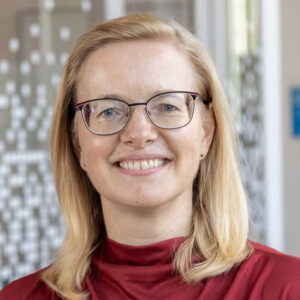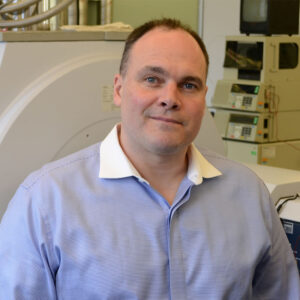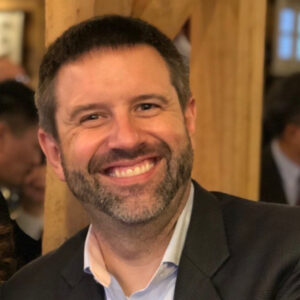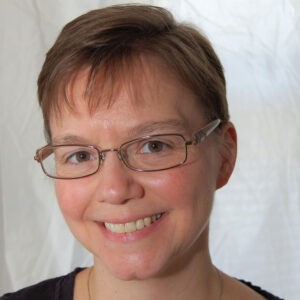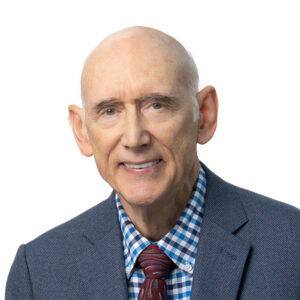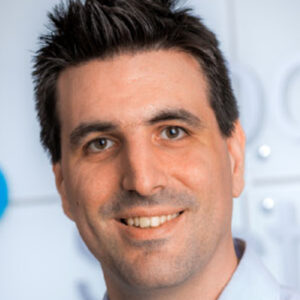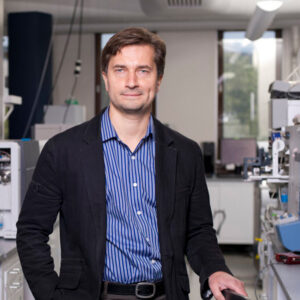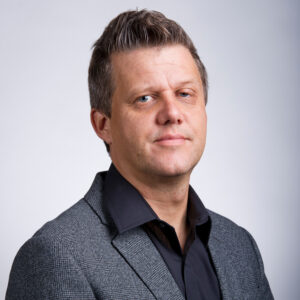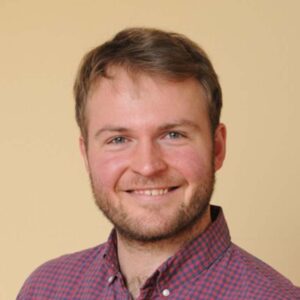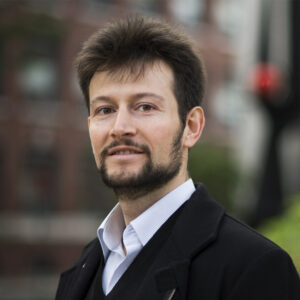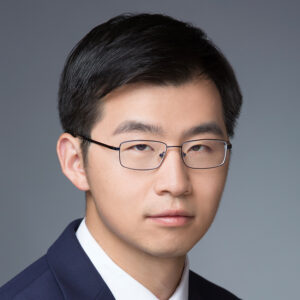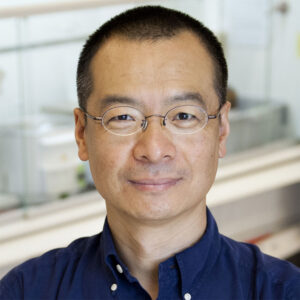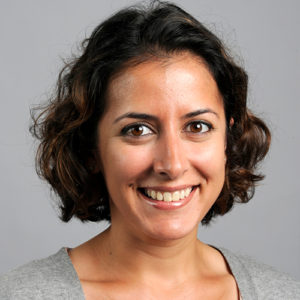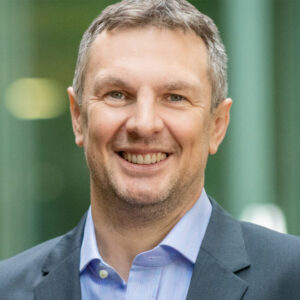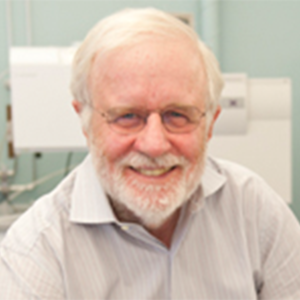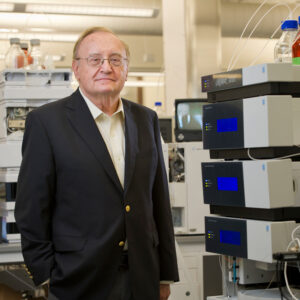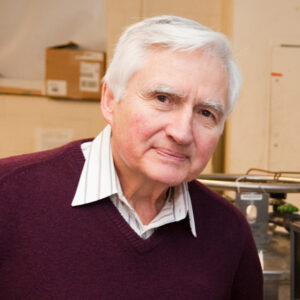Research Groups
Olga Vitek, PhD
Raymond Bradford Bradstreet Professor
Director, Barnett Institute for Chemical and Biological Analysis
We develop statistical methods and software for quantitative mass spectrometry-based investigations, to characterize the components of the biological systems, their function, and their relevance to disease.
Barnett Faculty Fellows
Jeffrey Agar, PhD
Associate Professor, Chemistry and Chemical Biology
Associate Dean of MS Education and Lifelong Learning, College of Science
We develop mass spectrometry tools for studying neurologic disease, including single-cell imaging, top-down mass spectrometry, and a new class of crosslinkers that we are developing into protein stabilizing drugs.
Jared Auclair, PhD
Professor, Chemistry and Chemical Biology
Interim Dean of College for Professional Studies
Vice Provost Research Economic Development and Director of Bioinnovation
The unique offerings at BATL meet the needs of multiple and diverse scientific and medical stakeholders, from early discovery and development in industry to experiential training, from global regulatory convergence to use-inspired research.
Penny Beuning, PhD
Professor and Chair, Chemistry and Chemical Biology
Our research focuses on understanding the structure-function-dynamics relationships of proteins and enzymes, with a particular focus on proteins involved in DNA metabolism and DNA damage tolerance.
Roger W. Giese, PhD
Professor, Pharmaceutical Sciences
Director, Environmental Cancer Research Program
We focus on testing biosamples such as breath, placenta and urine for small molecules by mass tag mass spectrometry, including metabolome and DNA adductome analyses.
Benjamin Gyori, PhD
Associate Professor, Bioengineering
Associate Professor, Khoury College of Computer Sciences
Our research focuses on the intersection of systems biology, bioinformatics, and artificial intelligence to understand how biological cells work and react to drugs and environmental signals.
Alexander Ivanov, PhD
Associate Professor, Chemistry and Chemical Biology
We develop microscale liquid phase separation- and mass spectrometry (MS)-based molecular characterization technologies for deep proteomic profiling of limited biological and clinical samples; detailed analysis of proteins, including isoforms, modifications, and non-covalent complexes; and isolation and omics profiling of exosomes and other extracellular microvesicles.
Roman Manetsch, PhD
Professor, Chemistry and Chemical Biology
Our research addresses various aspects of medicinal chemistry related to optimization of anti-malarial, anti-leishmanial, and anti-bacterial agents, as well as developing and applying LC/MS-based approaches facilitating synthetic and medicinal chemistry.
Owen Skinner, PhD
Assistant Professor, Chemistry and Chemical Biology
We use mass spectrometry-based metabolomics and native proteomics to determine how metabolites and proteins interact in human health and disease.
Nikolai Slavov, PhD
Associate Professor, Bioengineering
We develop methods for quantifying proteins in single cells at high-throughput. We apply these methods to analyze protein networks at single-cell resolution and link the network states to functional phenotypes, such as cell type and differentiation potentials. Furthermore, we characterize the mechanisms by which specialized ribosomes regulate protein synthesis.
Zhenyu Tian, PhD
Assistant Professor, Chemistry and Chemical Biology
We develop and apply chromatography-mass spectrometry methods to analyze emerging organic contaminants in environmental and biological samples, assessing the risks to human health and the ecosystem.
Sunny Zhou, PhD
Professor, Chemistry and Chemical Biology
Research in my laboratory, aka SunnyLand, centers on the chemistry and analysis of proteins, including hybrid modality engineering, developing new methodologies and creating better therapeutics.
Barnett Affiliated Faculty Fellows
Leila Deravi, PhD
Associate Professor, Chemistry and Chemical Biology
We work at the interface of bio-analytical chemistry, materials science, and design, where we investigate fundamental mechanisms behind systems in biology and use our understanding to design new classes of protein-based biomaterials that may interface with or enhance the performance of humans.
Predrag Radivojac, PhD
Professor, Computer Science
Associate Dean for Research, Khoury College of Computer Sciences
We study protein structure, dynamics, expression, and function by integrating various forms of molecular and genetic data and develop machine learning approaches to make predictions. Understanding protein function is a step towards understanding molecular mechanisms of human genetic disease.
